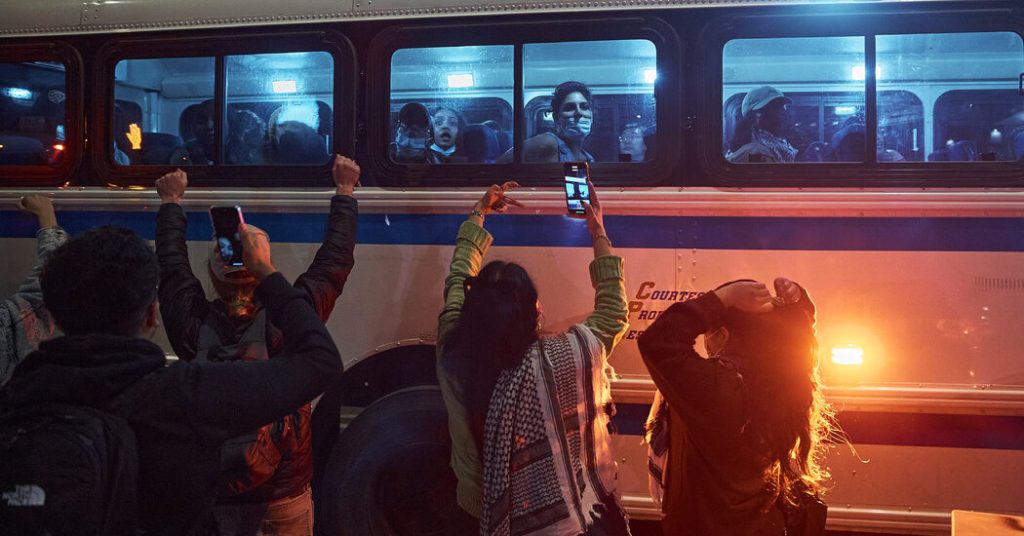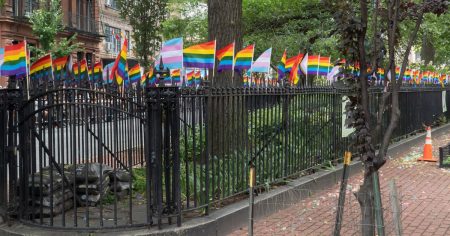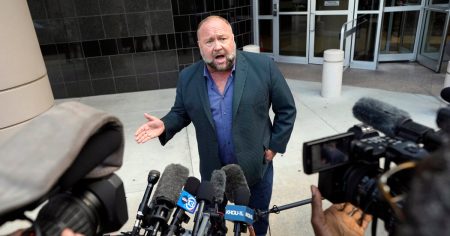The University took disciplinary action against students involved in a protest, requiring them to complete a 49-page Ethos Integrity Series to address their moral reasoning and ethical decision-making. Some students were also assigned reflection papers to address their values and actions. These protocols have been used for at least eight years as part of the university’s restorative practices, but critics argue that they force students into a charade of guilt and conflict with their values. Some faculty members have spoken out against these sanctions as punitive and infantilizing, comparing them to corporate management tactics.
The students, including those like Ms. Geary who oppose genocide, have faced the threat of marks on their transcripts for failing to comply with the university’s demands. They have received support from faculty members who view the disciplinary actions as coercive and an attempt to undermine students’ dissent. Professor Robert Cohen, who specializes in protest movements, highlighted the unprecedented nature of the university’s approach in forcing students to admit their dissent was wrong. This has sparked outrage among the faculty and further division within the university community.
Critics of the disciplinary measures argue that they go against the university’s mission as a training ground for independent thought and critical reasoning. The requirement for students to complete the Ethos Integrity Series and reflection papers is seen as an attempt to suppress dissent and force students into conforming to authority. The focus on restorative practices has been called into question, with concerns raised about the university’s commitment to academic freedom and student activism.
Some students may see the disciplinary actions as an infringement on their freedom of expression and a violation of their rights as individuals. By demanding that students undergo a process of moral reasoning and ethical reflection, the university may inadvertently stifle dissent and discourage students from speaking out against injustices. The controversy surrounding the disciplinary measures has brought to light broader issues of free speech and academic freedom on campus, leading to a tense atmosphere among students and faculty.
The debate over the university’s disciplinary actions has raised questions about the role of higher education institutions in shaping students’ moral and ethical development. While the university may have good intentions in implementing these measures as a way to promote integrity and values, critics argue that the approach is heavy-handed and punitive. The backlash from students and faculty demonstrates the importance of maintaining a balance between promoting ethical behavior and safeguarding individual rights and freedoms within academic communities.
Moving forward, it remains to be seen how the university will address the concerns raised by students and faculty regarding the disciplinary actions. The controversy has highlighted the need for transparency and accountability in disciplinary processes, as well as the importance of upholding academic freedom and freedom of expression on university campuses. Ultimately, the outcome of this situation will have implications for how universities navigate issues of dissent, activism, and moral development among their student populations.















